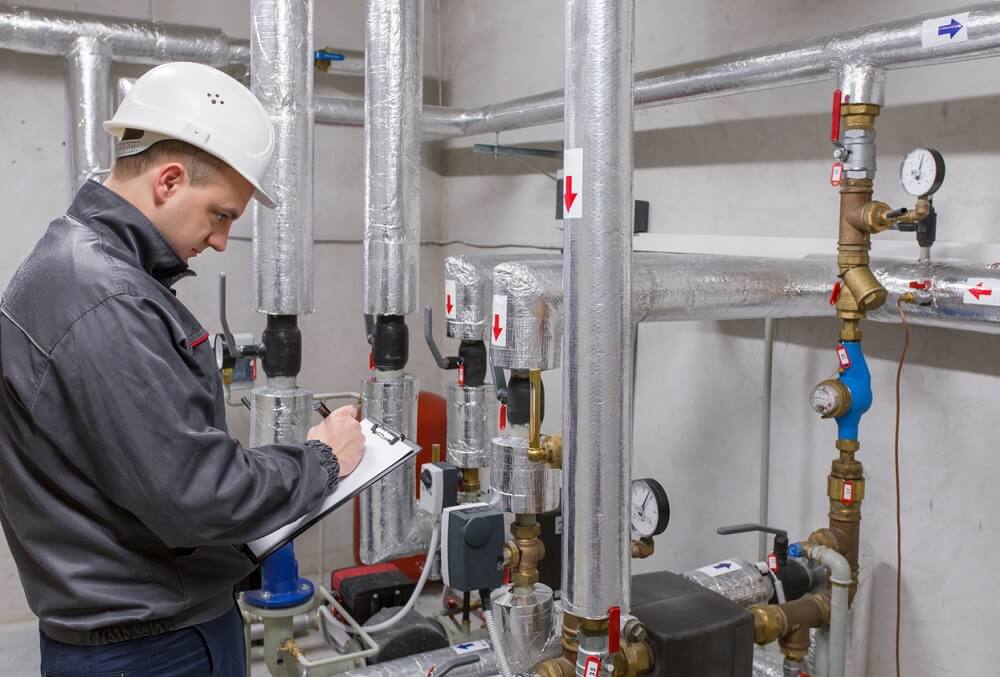Plumbing systems in Etobicoke commercial buildings play a critical role in ensuring the functionality, hygiene, and efficiency of the property. Unlike residential plumbing, commercial plumbing installations are designed to handle higher demands, more complex configurations, and stricter regulations. Below, we explore the specifics of plumbing needs for commercial properties, the types of systems commonly used, and the major differences from residential plumbing.
Specific Plumbing Needs for Commercial Properties
Commercial buildings often house multiple occupants or tenants, necessitating plumbing systems that cater to high-volume use. This includes:
Increased Capacity: Fixtures, pipes, and water supply systems must accommodate heavy use in bathrooms, kitchens, and other facilities. You can read more about the best pipes for commercial buildings here.
Specialized Systems: Many commercial properties require additional features such as water filtration systems, grease traps for restaurants, and drainage solutions for industrial facilities.
Code Compliance: Commercial plumbing installations are subject to stringent local and national building codes to ensure safety and environmental standards. Regular inspections and maintenance are essential to maintain compliance.
Types of Systems Used in Commercial Plumbing
Commercial plumbing installations often include:
1. Water Supply Systems: These systems are designed to deliver water efficiently across multiple floors or units, often using booster pumps to maintain water pressure.
2. Drainage and Waste Systems: High-capacity drainage systems ensure the quick and efficient removal of wastewater, preventing backups or flooding.
3. Fire Suppression Systems: Many commercial buildings require integrated plumbing for sprinklers and fire safety systems.
4. HVAC and Mechanical Systems: Plumbing often supports heating, ventilation, and air conditioning, including water-cooled systems and boilers.
Differences Between Commercial and Residential Plumbing
While both types of plumbing share fundamental principles, commercial installations differ significantly in scope and complexity:
Scale and Capacity: Commercial systems handle greater volumes of water and waste, requiring larger pipes, more robust materials, and powerful equipment.
Design and Configuration: Multi-story buildings and diverse applications demand complex layouts, including vertical stacks and redundant systems.
Maintenance Requirements: Commercial systems often experience higher wear and tear, requiring frequent inspections and preventive maintenance to avoid costly downtime.
Regulatory Oversight: Commercial plumbing must adhere to stricter codes and standards, including health and safety regulations for public use.
Contact D. Jason Plumbing Today.
Plumbing installations for Etobicoke commercial buildings is a specialized field that demands expertise, precision, and adherence to rigorous standards. From accommodating higher capacity needs to implementing complex systems, commercial plumbing is fundamentally different from residential installations.
Engaging experienced professionals ensures your system is built to last, operates efficiently, and meets all regulatory requirements. Contact us to discuss options for your Toronto property.
